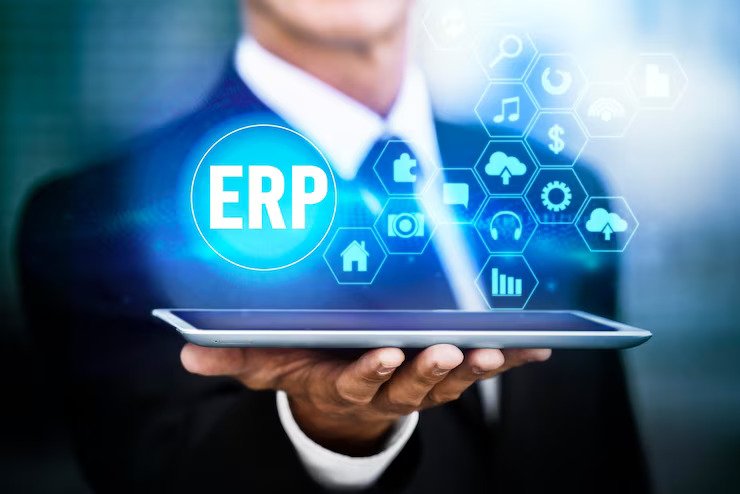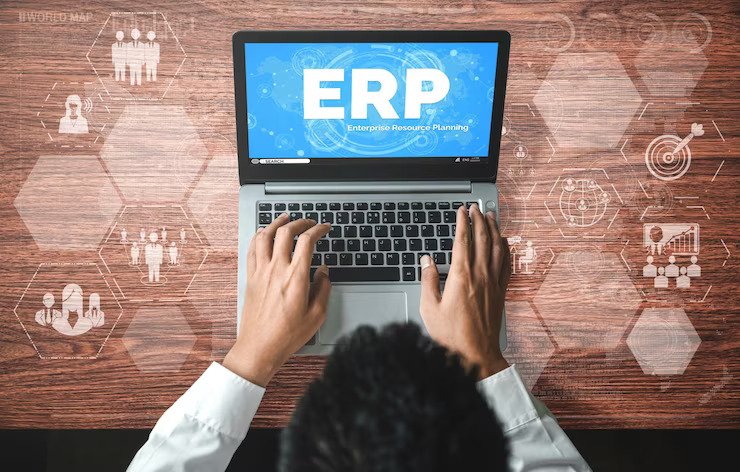
In the ever-evolving landscape of business technology, a new paradigm has emerged that’s revolutionizing how enterprises operate: SaaS ERP solutions. As businesses grapple with the challenges of scalability, real-time data access, and cost-efficiency, these cloud-based solutions are proving to be game-changers.
Understanding The SaaS Shift
The digital age has ushered in a plethora of tools and platforms designed to optimize business operations. However, with the increasing complexity of global operations and the need for real-time data access, traditional on-premises systems often fall short. Enter Software as a Service (SaaS) – a model that allows businesses to access software over the internet, eliminating the need for local installations.
Why ERP and SaaS are a Perfect Match
Enterprise Resource Planning (ERP) systems, by their very nature, are expansive. They touch upon almost every facet of a business, from supply chain management to human resources.
The Advantages of SaaS ERP Solutions

By hosting ERP systems on the cloud through a SaaS model, businesses can ensure seamless updates, global accessibility, and unparalleled scalability.
1. Cost-Efficient and Scalable
One of the standout benefits of SaaS ERP solutions is cost efficiency. Without the need for hefty initial investments in infrastructure and hardware, businesses can adopt advanced ERP systems. Moreover, the SaaS model allows for easy scalability, ensuring that as a business grows, its ERP system can adapt without cumbersome migrations or overhauls.
2. Real-time Access and Collaboration
With SaaS ERP systems hosted on the cloud, businesses can ensure real-time data access from anywhere in the world. This global accessibility fosters collaboration, ensuring that teams, whether they’re in the same office or scattered across continents, can work together seamlessly.
3. Enhanced Security and Updates
Contrary to some misconceptions, reputable SaaS ERP solutions offer robust security protocols, ensuring that business data is protected. Additionally, the SaaS model ensures that systems are always up-to-date, with updates rolled out seamlessly without disrupting operations.
Conclusion: The Future is Cloud-Based
As businesses chart their course in the digital age, tools that offer flexibility, scalability, and real-time capabilities will be at the forefront. SaaS ERP solutions, with their myriad of benefits, are poised to lead this charge. For enterprises aiming to stay agile and competitive, embracing the cloud and SaaS ERP systems isn’t just an option—it’s a strategic imperative.
Read Also:






